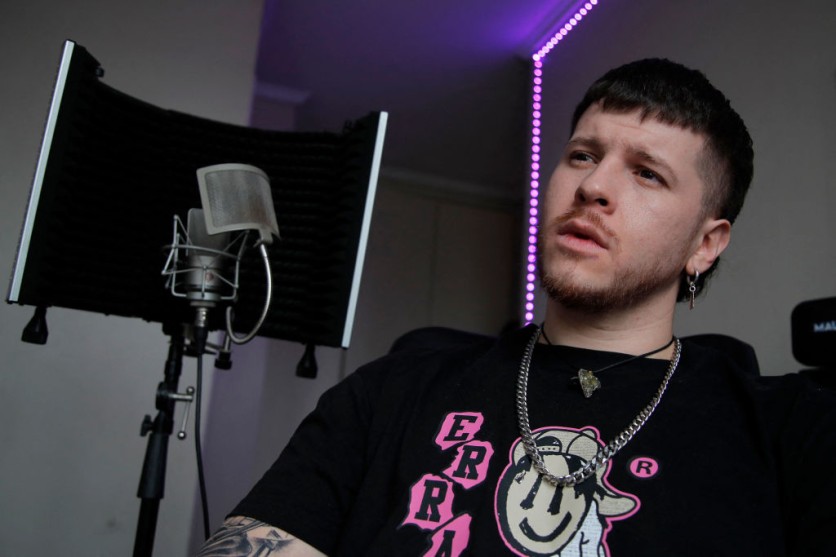A recent study conducted by the French and German music societies Sacem and GEMA has revealed the growing concerns about the impact of artificial intelligence (AI) on the music industry that could affect musicians' livelihoods.
With over 15,000 respondents participating in the survey, the study revealed that more than two-thirds of musicians fear that AI may render it impossible for them to sustain a living in the future.

71% of Musicians Are Afraid of AI
The survey highlighted that 71% of musicians expressed concerns about their financial viability, expressing apprehensions about the potential consequences of AI adoption in the music sector.
Some 35% of those surveyed acknowledged already incorporating AI in various aspects of music creation. In addition to the survey, the study included market analysis and expert interviews, projecting a significant downturn in musicians' incomes by 27% by 2028.
This equates to an estimated loss of 2.7 billion euros ($2.9 billion). Such findings indicate a looming financial threat to artists and creators within the industry. Among the survey participants, 95% voiced a demand for increased transparency from companies developing AI tools.
Similarly, an equivalent percentage also called for heightened attention from politicians to address the challenges arising from the intersection of AI and copyright in the music sector.
Read Also : Dana-Farber Cancer Institute Under Scrutiny: Allegations of Research Misconduct Unearthed by AI and Sleuths
Estimated Damage
"The figures in the study show that the estimated damage could be considerable for creators. By exercising our right to opt out, we hope to establish a transparent and fair relationship between creators and AI companies," Cécile Rap-Veber, CEO of Sacem, said in a statement, as Record of the Day reported.
As generative AI gained prominence since its emergence in late 2022, the study predicted that the market for generative AI in music could surpass $3 billion by 2028, signifying a rapidly growing industry.
The study also delved into the challenges creators face due to AI's increasing role in the music industry. One notable issue is the assurance of fair remuneration for creators whose works are utilized by AI training databases, generating music content that benefits profit-driven entities.
Furthermore, the study underscored the need to protect creators' income in a digital landscape where streaming services might face competition from AI-generated music content. Despite acknowledging AI's potential benefits, including its use as a creative tool, the study revealed a general wariness among music-industry creatives.
Approximately 64% of respondents believe that the risks associated with AI use outweigh the opportunities, emphasizing the necessity for robust regulations to protect copyright.
"As part of the finalisation of the European regulation on AI, we call on the French and German governments not to oppose the implementation of effective transparency requirements for generative AI companies," Rap-Veber noted.
Related Article : CD Projekt Red Wants to Use AI for Future Game Development-Will We See It for New Witcher, Cyberpunk Games?

ⓒ 2026 TECHTIMES.com All rights reserved. Do not reproduce without permission.




